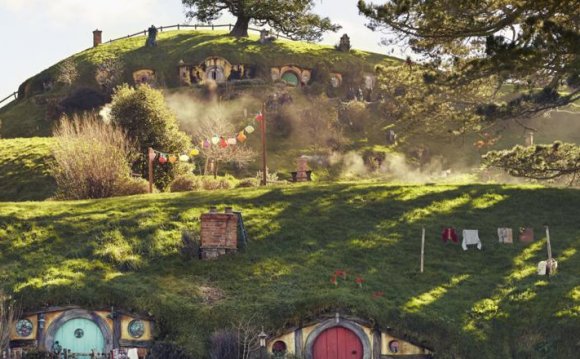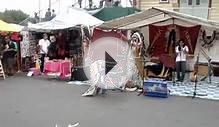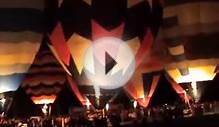
| Year | Date | Day | Holiday |
|---|---|---|---|
| 2016 | 25 Mar | Fri | Good Friday |
| 28 Mar | Mon | Easter Monday |
Introduction
According to Christian tradition, Easter Sunday is the holiest day of the year. It marks the climax of Holy Week, which runs from the Triumphal Entry to the Resurrection. It also marks the commencement of the seven-week period that culminates in the Ascension and the Day of Pentecost. For Catholics, and some Protestants as well, Easter is also the end of the period known as “Lent, ” wherein certain foods and activities are restrained from as a sort of “sacrificial reminder” of the holy events of the season.
In New Zealand, the population is a medley of cultures and religious traditions. There are Catholics, Anglicans, Presbyterians, followers of Judaism, Muslims, Hindus, and Buddhists. With only 50% calling themselves “Christian” on the 2013 Census and around a third considering themselves “non-religious, ” there is also a large secular segment of the population. The 19th Century saw a major wave of immigrants to New Zealand and an integration of cultures such that even non-Christians began celebrating Easter, though not as a Christian holiday. For many, it has become simply a vacation time to be spent with family, and its symbols are as much chocolate eggs and bunnies as the cross and empty tomb. Nonetheless, there remains a more religious segment of New Zealand society that does still partake in church activities each Easter season. These include special sermons and Scripture readings, prayers and hymn-singing, passion plays, night vigils, and more.
In New Zealand, Easter comes during the Autumn since the islands lie in the southern hemisphere. New Zealand Aprils are a time of falling leaves, drear weather, and dead gardens, but New Zealanders (“Kiwis”) nonetheless send each other cards and emails with images of spring and new life on them. Easter Sunday and Easter Monday are national holidays on which it is illegal to operate most businesses, a remnant from the land’s more Christian past, and yet, most view Easter time as a long weekend off work more than as a religious celebration.
YOU MIGHT ALSO LIKE












